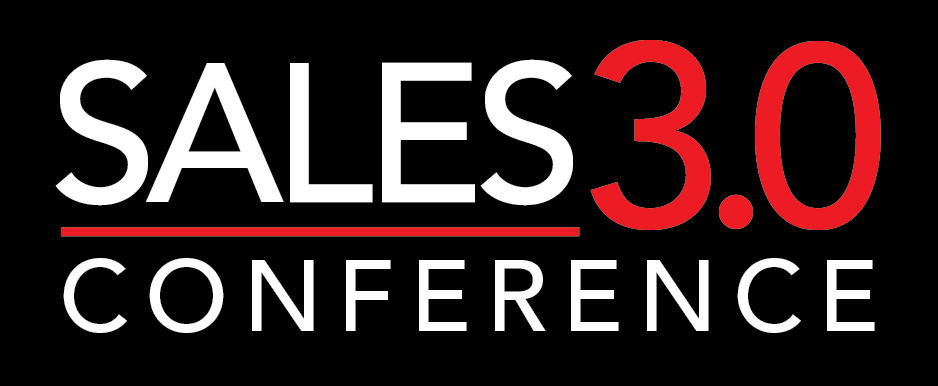According to Ed Wallace, author of Relationship Capital, “Today, anything can be delegated, automated, or outsourced – except relationships.”
It’s true. Your network of professional relationships is worth considering every bit as much as the stock-market portfolio you’ve probably been tensely monitoring the past few months.
The fact is, your relationship portfolio is similarly important to your wealth and health. Most professionals who reach a certain point in their career realize relatively few critical professional relationships impacted their career and their business.
Maybe it was an early mentor who helped frame your career decisions. Maybe it was a strategic customer who gave you market insights and industry credibility. A networking connection may have helped you cross from one company or industry to another. A strategic partnership may have expanded your universe. Or it could have been a professional community that gave you new insights into market-expansion opportunities. The point is, not all relationships are created equal. Certain relationships are transformative and exponential in nature.
The Blueprint for Evaluating Your Professional Network
When each day brings a seemingly endless succession of back-to-back Zoom meetings and an endless scramble to navigate the “new normal,” it’s easy to become reactive with our time investments. This behavior can trickle into our professional and business relationships.
Just as with our financial investments, however, inattention to our relational capital portfolio can be dangerous.
What exactly do we mean when we speak of a relational capital portfolio? We mean those select strategic professional and business relationships that produce a disproportionate share of our professional, financial, or strategic success.
While we all have large, transient networks of acquaintances – and even peer-to-peer relationships – the much smaller number of indispensable, trusted-advisor relationships define our long-term trajectory. It is these relationships that can suffer during distracted, uncertain times.
Again, according to Ed Wallace (also author of Relationships that Last), although 89 percent of executives believe that strategic relationships drive a large share of their success, only 24 percent of them have a formal, structured system to identify, measure, and accelerate those relationships.
Keys to Leverage Your Professional Network to Win
To implement a successful relational capital portfolio strategy, it’s critical to accomplish three key steps:
- Identify Critical Relationships: Who are the individuals (or related enterprises) that are indispensable to your future success? Make a list and be selective. You can probably have a portfolio of 15 or fewer relationships, with only five or so in focus at any point in time.
- Establish a System of Metrics and Tracking: Since we manage only what we measure, it’s critical to establish the KPIs of relational capital, and a related system for tracking them. We want to know the indicators of relationship status – and plan for and track changes to them.
- Build and Deploy a System to Accelerate Strategic Relationships: By nature, strategic relationships are forward looking, but activities to accelerate them need to happen in the present. Developing a system to keep them present in daily workflow becomes critical.
There are a few transformative and exponential relationships that prove most important in creating notable career advancement and strategic success. Ultimately, our commitment to strategic relationships starts with the three building blocks above that help us identify, measure, and accelerate these connections. It’s important to nurture these professional relationships by checking in with our relational capital portfolio often so they don’t deteriorate but, instead, prosper over time.

David Bauders is CEO of SPARXiQ. SPARXiQ provides analytics and training solutions that accelerate sales performance, profitability, and long-term enterprise value.




